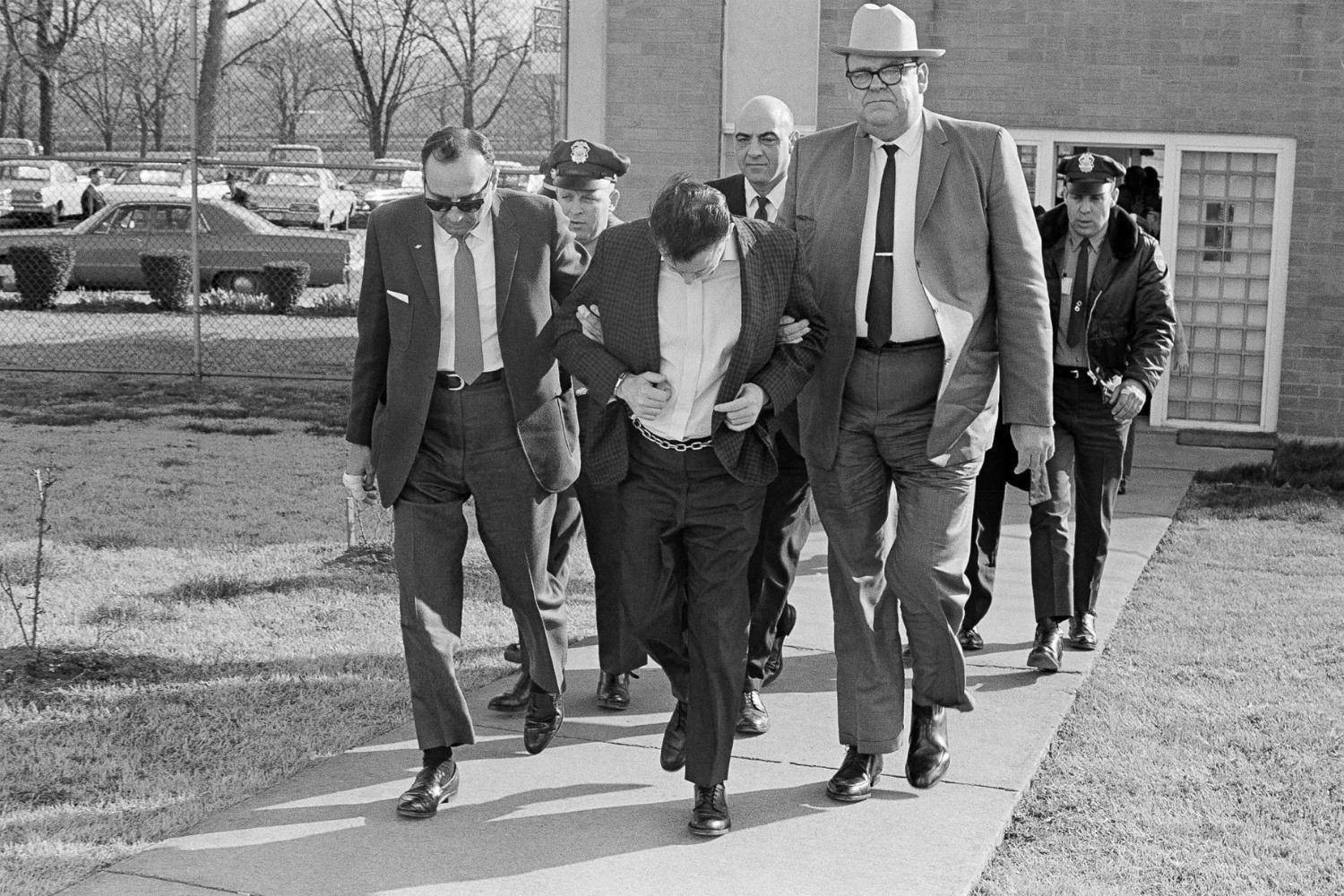
Who assassinated Martin Luther King Jr.? James Earl Ray was the man convicted of assassinating Martin Luther King Jr. on April 4, 1968. This tragic event took place at the Lorraine Motel in Memphis, Tennessee, and sent shockwaves across the nation. King, a prominent leader in the Civil Rights Movement, had been advocating for equality and justice. Ray, a fugitive from the Missouri State Penitentiary, was captured two months later at London's Heathrow Airport. He confessed to the crime but later recanted, claiming he was set up. Despite numerous conspiracy theories, Ray's guilt remains the official account.
The Assassination of Martin Luther King Jr.: A Tragic Day in History
The assassination of Martin Luther King Jr. on April 4, 1968, remains one of the most shocking events in American history. His death marked a turning point in the civil rights movement and left an indelible mark on the nation. Here are some gripping facts about that fateful day and its aftermath.
-
Martin Luther King Jr. was assassinated on April 4, 1968, in Memphis, Tennessee.
-
He was standing on the balcony of the Lorraine Motel when he was shot.
-
The bullet struck King in the jaw and severed his spinal cord.
-
King was rushed to St. Joseph's Hospital but was pronounced dead at 7:05 p.m.
The Man Behind the Trigger
Understanding the person responsible for this heinous act sheds light on the motives and circumstances surrounding the assassination.
-
James Earl Ray, a fugitive from the Missouri State Penitentiary, was arrested for the assassination.
-
Ray had escaped from prison in April 1967, almost a year before the assassination.
-
He was captured at London's Heathrow Airport on June 8, 1968.
-
Ray initially confessed to the murder but later recanted, claiming he was set up.
The Aftermath and Public Reaction
The assassination of Martin Luther King Jr. sent shockwaves across the United States and the world. The public's reaction was immediate and intense.
-
Riots erupted in over 100 cities across the United States following King's death.
-
Washington, D.C., Chicago, and Baltimore experienced some of the most severe unrest.
-
President Lyndon B. Johnson declared a national day of mourning on April 7, 1968.
-
King's funeral was held on April 9, 1968, at Ebenezer Baptist Church in Atlanta, Georgia.
The Investigation and Legal Proceedings
The investigation into King's assassination was extensive, involving multiple law enforcement agencies and leading to significant legal proceedings.
-
The FBI launched an extensive investigation, known as "Operation Lantern Spike."
-
Ray was extradited to the United States and charged with King's murder.
-
He entered a guilty plea on March 10, 1969, avoiding a trial.
-
Ray was sentenced to 99 years in prison.
Conspiracy Theories and Controversies
Over the years, numerous conspiracy theories and controversies have emerged regarding the assassination of Martin Luther King Jr.
-
Some believe Ray was part of a larger conspiracy involving government agencies.
-
The King family has publicly stated their belief that Ray was innocent and that a conspiracy was behind the assassination.
-
In 1999, a civil trial found that King's assassination was the result of a conspiracy involving multiple parties.
-
Despite the verdict, the U.S. Department of Justice concluded in 2000 that there was no credible evidence to support the conspiracy theories.
King's Legacy and Impact
The assassination of Martin Luther King Jr. had a profound impact on the civil rights movement and American society as a whole.
-
King's death galvanized the civil rights movement, leading to the passage of the Fair Housing Act in 1968.
-
The Lorraine Motel, where King was assassinated, is now the National Civil Rights Museum.
-
Martin Luther King Jr. Day was established as a federal holiday in 1983.
-
King's legacy continues to inspire movements for social justice and equality worldwide.
Personal Details and Lesser-Known Facts
Beyond the well-known aspects of the assassination, there are several lesser-known facts and personal details that add depth to the story.
-
King was in Memphis to support a strike by African American sanitation workers.
-
He delivered his famous "I've Been to the Mountaintop" speech the night before his assassination.
-
The rifle used in the assassination was a Remington Model 760 Gamemaster.
-
Coretta Scott King, Martin Luther King Jr.'s widow, continued his work for civil rights until her death in 2006.
Reflecting on MLK's Legacy
Martin Luther King Jr.'s assassination on April 4, 1968, marked a pivotal moment in American history. His death didn't silence his message of equality, justice, and peace. Instead, it amplified the urgency for civil rights and social change. King's legacy lives on through the countless individuals and movements inspired by his vision. His speeches, writings, and actions continue to serve as a guiding light for those fighting against injustice. Remembering the facts surrounding his assassination helps us understand the depth of his impact and the ongoing struggle for equality. As we reflect on his life and untimely death, let's commit to carrying forward his dream of a just and inclusive society. King's legacy is a powerful reminder that one person's dedication to justice can indeed change the world.
Was this page helpful?
Our commitment to delivering trustworthy and engaging content is at the heart of what we do. Each fact on our site is contributed by real users like you, bringing a wealth of diverse insights and information. To ensure the highest standards of accuracy and reliability, our dedicated editors meticulously review each submission. This process guarantees that the facts we share are not only fascinating but also credible. Trust in our commitment to quality and authenticity as you explore and learn with us.
